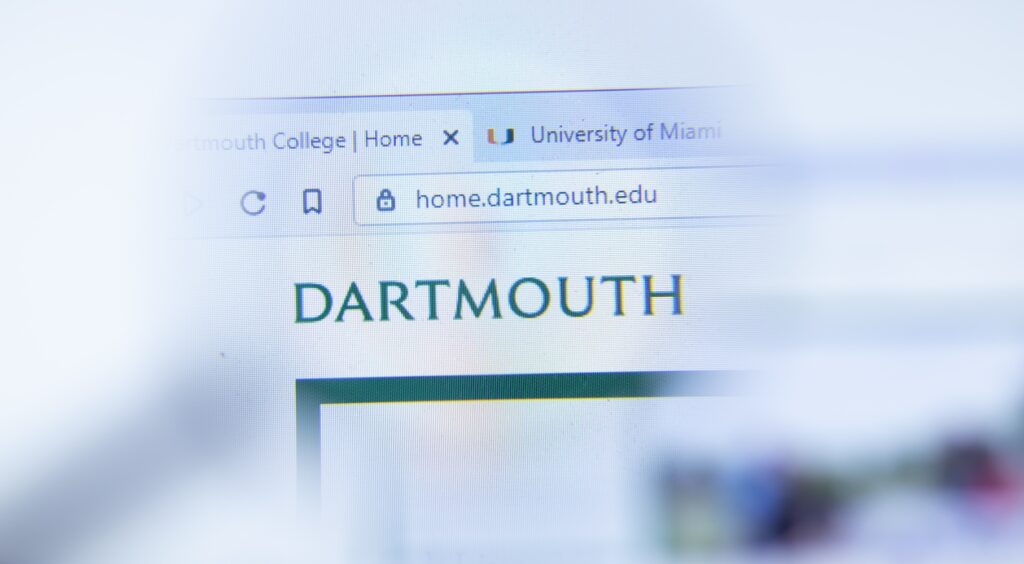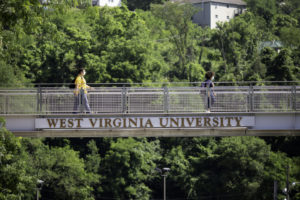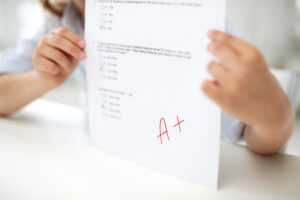Dartmouth brings back standardized tests after extensive admissions study
Dartmouth College has become the first Ivy League school to reinstate standardized testing after its own study showed test-optional policies did more harm than good.
Dartmouth announced the…

Dartmouth College has become the first Ivy League school to reinstate standardized testing after its own study showed test-optional policies did more harm than good.
Dartmouth announced the updated policy Monday for the class of 2029 after finding test requirements added “significant value” to the admissions process. Test-optional policies, it also found, actually hurt less-advantaged applicants.
The study was commissioned by Dartmouth President Sian Beilock and led by professors Elizabeth Cascio, Bruce Sacerdote, Doug Staiger and Michele Tine.
“Our overall conclusion is that the use of SAT and ACT scores is an essential method by which Admissions can identify applicants who will succeed at Dartmouth,” the report concluded.
The researchers made four key findings:
- SAT scores have “predictive value” in determining academic success, more than GPA and other measurements.
- SAT scores predict success for all students, regardless of economic background. The study revealed a positive relationship between SAT scores and first-year GPA.
- Test-optional policies harmed less-advantaged students in several ways. First, non-testing measurements were found to be biased toward higher-income applicants. Second, without SAT scores to evaluate, admissions staff had greater difficulty interpreting student transcripts from lower-income and international backgrounds, who were more likely to have less information on their transcript. Third, under test-optional policies, many less advantaged students chose not to submit SAT scores thinking it would hurt their chances, even though it boosted their probability of getting accepted by nearly four times.
- Test-optional policies did not increase the economic diversity of the student population.
“[We] will pair the restoration of required testing with a reimagined way of reporting testing outcomes, ideally in ways that are more understandable for students, families, and college counselors,” the college also said.
Other Ivy League universities are starting to reevaluate their testing policies as well, according to Lee Coffin, Darthmouth’s vice president and dean of admissions and financial aid.
“All of our peer schools are studying it, as we just did,” he told The Dartmouth.
Test-optional policies became popular in higher education in 2020 as a temporary response to the COVID-19 pandemic.
Harvard, Cornell and Brown University are each planning to remain test-optional for a limited period of time, though Columbia University has made its test-optional policies permanent.
Massachusetts Institute of Technology, by contrast, announced the return to testing requirements in 2022.
However, over 80% of undergraduate schools were still test-optional for the Fall 2023-24 semester.



